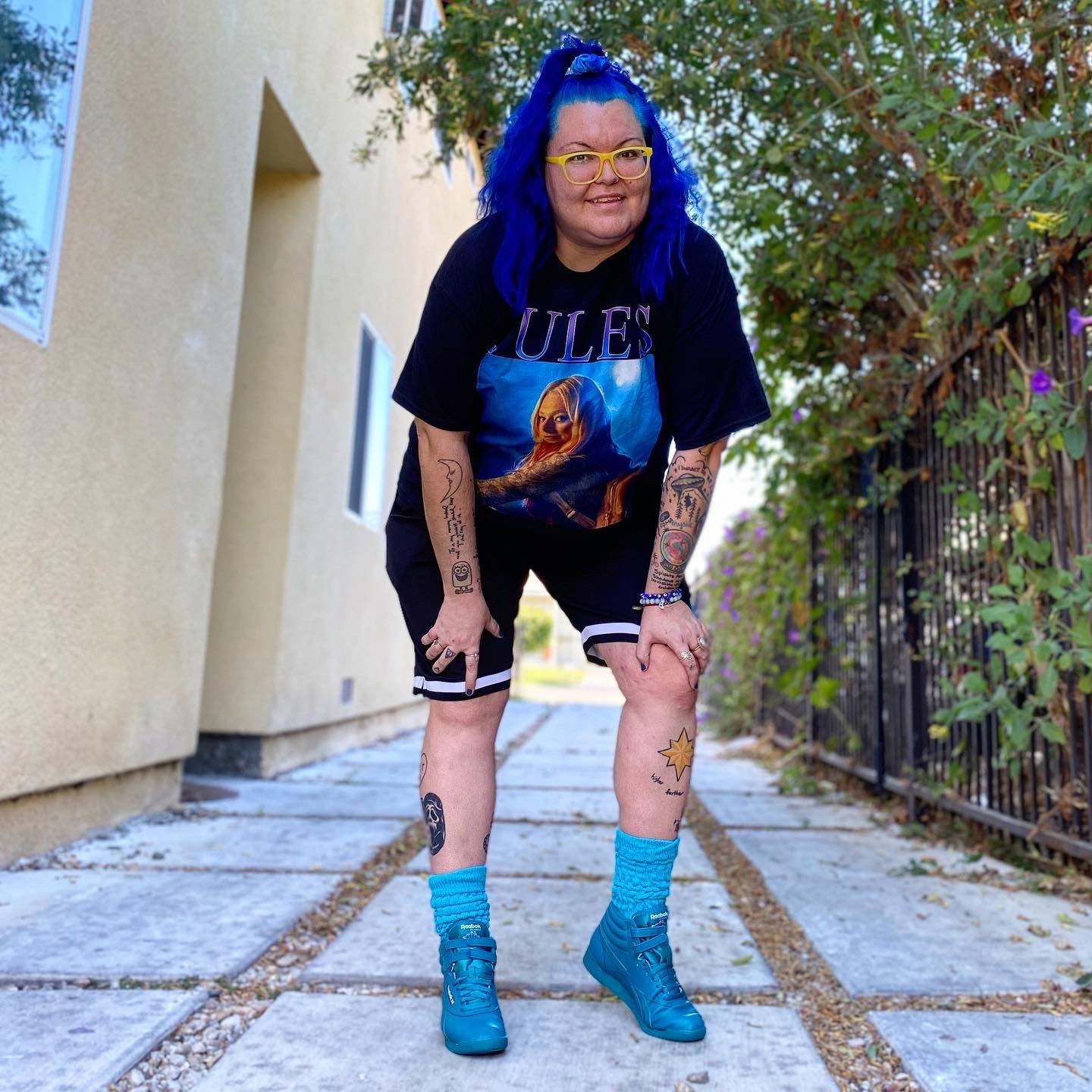Top OnlyFans Leaks & Exclusive Content - Don't Miss Out!
Is the digital landscape truly offering creators a new frontier, or is it simply a cleverly disguised echo chamber? The rise of platforms like OnlyFans, while touted as revolutionary, presents a complex tapestry of opportunity and exploitation, demanding a critical examination of its impact on both creators and consumers.
OnlyFans has undeniably carved a niche in the digital realm, transforming the landscape of content creation and consumption. Positioned as a social platform designed to revolutionize the connections between creators and fans, its a space where artists and content creators from all genres can supposedly monetize their work while fostering authentic relationships with their fanbase. This inclusivity, however, masks a more nuanced reality, one where the lines between empowerment and exploitation become increasingly blurred. The platform's open-door policy attracts a diverse array of individuals, from established artists to those seeking to carve out a space in the digital economy. However, the very nature of the content shared on OnlyFans, often explicitly sexual, raises questions about the power dynamics at play and the potential for coercion and exploitation. The allure of financial independence is strong, but at what cost? The platform's success hinges on the constant flow of content, incentivizing creators to push boundaries and cater to the desires of their audience. This dynamic can lead to immense pressure, particularly for those who are new to the platform or struggling to gain traction. The promise of authentic connections is often overshadowed by the transactional nature of the platform, where interactions are dictated by financial considerations. While some creators cultivate genuine relationships with their fans, the majority of interactions are predicated on the exchange of money for content. This can create a sense of alienation and objectification, where creators are reduced to commodities, their value determined by their ability to generate revenue. The constant pursuit of engagement and financial gain can also lead to burnout and mental health issues, as creators struggle to maintain a consistent output and manage the demands of their audience. Furthermore, the platform's lack of robust safeguards against harassment and abuse leaves creators vulnerable to unwanted attention and exploitation. The anonymity afforded by the internet can embolden individuals to engage in abusive behavior, while the lack of effective moderation can exacerbate the problem. The constant threat of doxxing, cyberstalking, and other forms of online harassment casts a long shadow over the platform, making it difficult for creators to feel safe and secure. As the platform continues to evolve, so too will the challenges it presents. It is incumbent upon us, both as consumers and as a society, to engage in a critical and ongoing dialogue about the impact of OnlyFans and other similar platforms on the lives of creators and the broader digital landscape.
| Category | Details |
|---|---|
| Name(s) | Joseydaniels, Joell Perry, Joellgirl |
| Known For | Content creation on OnlyFans, including solo, lesbian, and hardcore videos; potential involvement in leaked content. |
| Platform Presence | Primarily OnlyFans, with potential presence on other platforms like Patreon, Snapchat, and Manyvids. |
| Content Types | Solo, lesbian, hardcore videos; sextapes; naked photos and clips. |
| Controversy | Potential for leaked content and distribution of private materials without consent. |
| Career Details | Information about her career is primarily centered on her OnlyFans activities. Details about her education, prior professional experiences, and current income sources are generally not made public. |
| Personal Information | Information such as real name, age, and place of residence may not be publicly available. Personal details are usually kept private for security and privacy reasons. |
| Professional Information | Career path is centered on content creation for OnlyFans and potentially other platforms. Details about her business practices are not usually disclosed, which are important, such as income-generating sources. |
| Reference | Due to the nature of the topic, referencing an "authentic website" directly may be complex. However, information can be found through searching social media profiles, such as OnlyFans or other open sources, about specific creators, but be aware that all available information is not verified. |
The digital echo chamber extends beyond the creators themselves. Platforms like notfans emerge, offering access to what are often described as "leaked" or "exclusive" content from OnlyFans creators. These sites, which actively seek to host and distribute content without the consent of the original creator, represent a blatant violation of privacy and intellectual property rights. They thrive on the exploitation of creators, profiting from the distribution of material that was never intended for public consumption. The existence of these platforms raises serious ethical concerns, particularly regarding the potential for non-consensual distribution of intimate content. The impact on the creators can be devastating, leading to emotional distress, reputational damage, and even legal repercussions. The proliferation of such sites underscores the need for greater awareness and stricter enforcement of copyright laws and privacy regulations. Consumers of this content also play a role in perpetuating the cycle of exploitation. By seeking out and consuming content from these unauthorized sources, they are implicitly supporting the actions of those who seek to profit from the privacy violations of others. It is essential for consumers to understand the ethical implications of their choices and to prioritize the rights and well-being of creators over the gratification of their own desires. The legal ramifications are also significant. The unauthorized distribution of copyrighted material is a violation of intellectual property law, and individuals who engage in such activities can face legal action. In addition to the legal ramifications, individuals who share intimate content without the consent of the original creator can face criminal charges. The act of non-consensual distribution of intimate images or videos is a form of sexual harassment and can have severe consequences.
The promise of easy access to content, often promoted with alluring headlines and suggestive imagery, can be a powerful draw. Sites like gotanynudes.com and ultrahqporn, for instance, position themselves as destinations for "hottest" content, exploiting the desire for instant gratification. The use of sensational language and provocative visuals serves to entice users, often obscuring the ethical implications of their actions. Furthermore, the algorithms that govern these platforms can create a feedback loop, reinforcing user preferences and driving them to seek out even more explicit content. This can lead to a dangerous cycle of desensitization, where the boundaries of acceptable content are constantly pushed further. The focus on trends, such as "tiktok and movie sex tapes," further underscores the relentless pursuit of sensationalism and the commodification of intimacy. The use of platforms like Instagram and TikTok, with their vast user bases, provides a fertile ground for promotion and distribution. The creators and distributors of this content exploit the lack of regulation on some platforms, enabling them to reach a wider audience. They also capitalize on the algorithms' ability to suggest content, driving users to seek out ever more explicit content. This phenomenon poses a threat to privacy and can contribute to the normalization of objectification and exploitation.
The phenomenon extends to the intersection of adult content with mainstream social media. The practice of sharing "linktrees" and other means to connect users to OnlyFans and similar platforms complicates this landscape, as creators attempt to navigate the boundaries between different platforms. Platforms like Instagram and TikTok can provide avenues to market and promote OnlyFans content, and this can lead to a blurring of lines. While these platforms may have policies against explicit content, the creators often find loopholes, using suggestive language, carefully curated imagery, and strategically placed links to direct users to their paid content. This tactic allows creators to grow their audience and increase their income, but it also raises questions about the ethical implications. The potential for exploitation is evident, as creators may feel pressured to maintain a presence on multiple platforms to drive traffic to their OnlyFans pages. This pressure can contribute to a cycle of oversharing and exploitation.
The content itself, often promoted using sensational language and explicit imagery, is designed to captivate viewers and drive subscriptions. The promotion of "leaked" content, for example, further normalizes the idea of unauthorized access to private material. When platforms are used to distribute intimate videos and photos without consent, the impact on those involved can be devastating. The leaked videos or photos can be shared widely, causing emotional distress, reputational damage, and even legal issues. The constant need for more explicit content also incentivizes creators to push the boundaries and cater to the desires of their audience. This dynamic can lead to a dangerous cycle of exploitation, as creators may feel pressured to engage in activities they are not comfortable with. In addition, the focus on visual content can lead to objectification and the commodification of bodies. The emphasis on physical appearance and the creation of idealized images can have a negative impact on self-esteem and body image. It can also reinforce harmful stereotypes and perpetuate unrealistic expectations about sexuality. The cycle of content creation, consumption, and distribution creates a complicated web of ethical and legal concerns. There is a need to examine the influence of algorithms and the role they play in perpetuating exploitation and promoting harmful content. The content that is promoted can be offensive and may contribute to the normalization of harassment and abuse.
The implications of this digital ecosystem extend beyond the creators and consumers. The legal and ethical ramifications of unauthorized content distribution require careful consideration. Copyright infringement and privacy violations are major concerns, and the lack of effective regulations allows for the perpetuation of exploitation. The platform's rapid growth and constant evolution create a need for policymakers to address the complex issues that arise from the adult entertainment industry. The challenge lies in balancing the rights of creators with the need to protect vulnerable individuals and prevent the spread of harmful content. It is important to develop and implement clear guidelines to regulate the industry, to ensure that content creators are protected from exploitation and abuse, and that consumers have a safe and ethical online experience. The legal and ethical issues surrounding content creation and distribution also involve the role of technology companies. These companies have a responsibility to protect their users from harm and to ensure that their platforms are not used to facilitate the exploitation of others. Tech companies need to improve their content moderation practices and work with law enforcement agencies to identify and take down illegal content. The need for education and awareness is also a major factor. It is critical to educate creators about their rights and the importance of protecting their privacy. It is important to educate consumers about the ethical implications of their choices and the importance of respecting the boundaries of creators.
The rise of OnlyFans and similar platforms raises critical questions about the future of content creation and the evolution of the digital landscape. The platform's continued success depends on the continued evolution of its ecosystem, including the development of new technologies. The platforms that provide access to exclusive content must recognize the potential impact of their algorithms. The issues of exploitation, privacy violations, and ethical concerns must be addressed to maintain a healthy and ethical ecosystem. The future requires an ongoing dialogue that prioritizes the rights and well-being of all parties involved. A focus on ethical considerations, as well as the adoption of regulations, is vital to ensuring a safe and empowering environment for creators and consumers alike. A proactive approach, including legislation, regulation, and consumer awareness, can safeguard the future of digital interaction and content creation.


